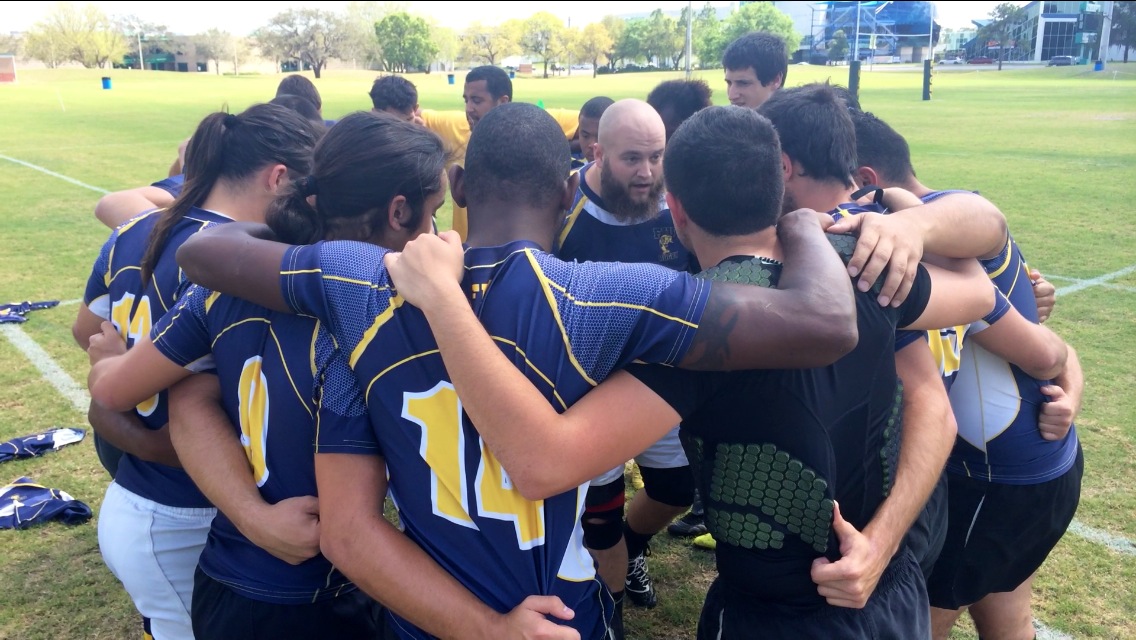Peter Holland, Jr. // Staff Writer
When it comes to being an athlete, everything is about preparation, including eating.
Depending on the sport and the intensity of practices and training, the last thing an athlete wants to do is play on an empty stomach.
Sebastian Hoyos, a member of the Rugby Club, is on a strict diet which involves him eating six meals a day with limited carbs. The psychology and marketing major sticks to the diet because, he said, the sport consists of running and full contact. In addition to a strict diet, Hoyos said conditioning plays a factor when staying in shape.
“My diet consists of a keto style diet,” said Hoyos. “Our coaches make us run a lot to make us slim down depending on what position you are playing.”
The concept of a ketogenic diet plan is to improve well-being through a metabolic change. The primary cellular fuel source switches from carbohydrates based fuels (glucose) to fat fuels and fat metabolism products called ketones, according to ketogenic-diet-resource.com.
In other words, it is a diet that involves low-carbs and high fat. So Hoyos would consume proteins and meals that has high fat and minimum carbs or none at all.
“I would eat like steaks or red meats since it’s high fats and proteins,” Hoyos said. “I try not to eat that many carbs. I would maybe eat like 30 grams a day along with almonds and broccoli.”
Another sport involving a proper diet is wrestling. When it comes to wrestling as an individual sport, dieting is important for wrestlers because of how they train and practice before their match.
“We believe a lot in conditioning,” said Marcel Ozula, a member of FIU’s Wrestling Club. “Like all sports, your body is as strong as your mind so we do a lot of conditioning and a lot of push ups, strength training and a lot of core. All of that is necessary for a fit body.”
For wrestlers, before their matches they must plan their goals to meet their weight class. Some might have to lose a few pounds, while others might have to gain.
“It depends on the weight class you’re in,” said Ozula. “Depending on your weight division, whether you want go up or down, you would want to try to bulk or trying to cut. It depends on how long you’re wrestling, but I will get like 600 calories a day because we practiced like two hours.”
Ozula also eats six meals a day because of his training. He has to check the exact time, when he wants to eat each day, while in preparation for his next match, according to the psychology major.
“We plan our meals,” he said. “If you know you’re going to be out all day, you’re going to say ‘you know what, by 12 I’m going to eat lunch, by two I’m going to have a bar, by 5 I’m going to have a shake’. There’s a lot of planning.”
We believe a lot in conditioning, like all sports, we do a lot of push ups and strength training. All of that is necessary for a fit body.






Be the first to comment on "Eating and conditioning: the keys to a proper diet"